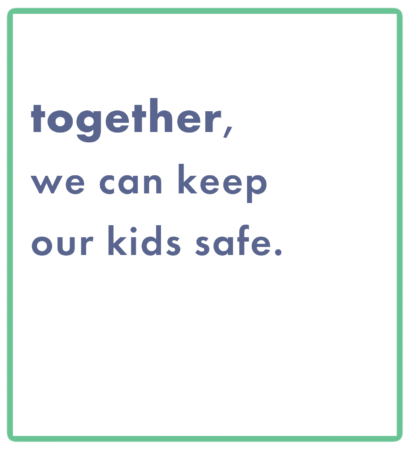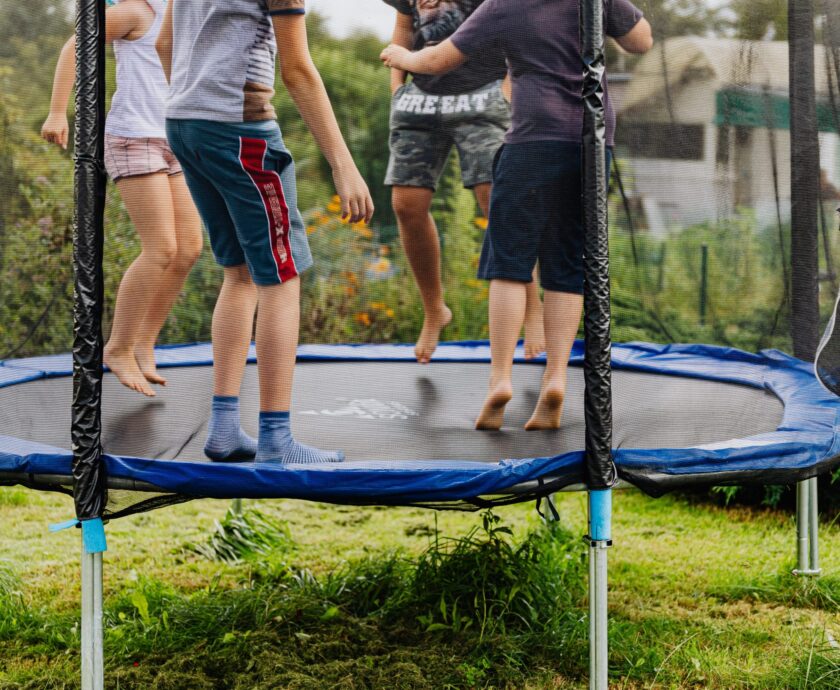Technology. We love it. And we hate it. Innovations like the telephone, electricity, and internet bring a level of comfort and ease to our lives that our ancestors never could have imagined. But these things are also creating a significant increase in online exploitation of children—a form of human sex trafficking.
When the COVID-19 pandemic hit the world in late 2019, a surge in the use of digital technology occurred on levels we’d never seen before. People all over the world were pivoting to digital practices to stay in business, stay in touch, and some would even argue, to stay alive.
Seemingly overnight, technology was no longer a mere luxury but instead a lifeline. Businesses embraced remote work, using platforms like Zoom or WebEx. Consumers latched onto delivery apps like Instacart and streaming services like Hulu and Netflix. And families were now sharing special occasions via FaceTime, with virtual hugs substituting physical touch.

The Shift to Remote Learning
Of course, children were not immune to the technological boom. As schools were shifting to remote learning, billions of children were being introduced at earlier ages to the internet and technology like computers, tablets, and online applications. As remote learning continued, it was inevitable that children would become more capable of navigating technology without adult supervision.
And with the culmination of bored kids and overwhelmed parents, predators saw their opportunity online.
Despite all the good technology has brought into our world, it’s also created more dangerous situations for children. Today, predators use the internet to lure children into online exploitation and human trafficking. The commercial exploitation of children (CSEC) is a form of child sexual abuse and according to the National Center for Missing and Exploited Children (NCMEC), 2020 was a record-breaking year, with more than 21.7 million reports of suspected child sexual exploitation made to NCMEC’s CyberTipline. A staggering 21.4 million of these reports came from electronic service providers—meaning they were online crimes.
What exactly is the commercial exploitation of children?
According to the Department of Justice, CSEC refers to a range of crimes and activities involving the sexual abuse or exploitation of a child for the financial benefit of any person or in exchange for anything of value (including monetary and non-monetary benefits) given or received by any person. Examples of crimes and acts that constitute CSEC:
-
-
- Child sex trafficking/the prostitution of children
- Child sex tourism involving commercial sexual activity
- Commercial production of child pornography
- Online transmission of live video of a child engaged in sexual activity in exchange for anything of value
-
A recent study indicated that the rate of online child exploitation has increased so much that is “exceeding the capabilities of law enforcement to combat it.” Simply put, that means as responsible and safe adults, we need to do our part to prevent CSEC and all forms of child sexual abuse before it occurs.
How to Protect Kids from Online Exploitation and Human Trafficking
The statistics surrounding child sexual abuse and online child exploitation are shocking and scary, but there is good news—together, we can keep kids safe. Here’s some tips on how you can help: 
-
-
- Understand the facts about the commercial sexual exploitation of children (CSEC) and its connection to child sexual abuse and human trafficking.
-
-
-
- Teach your kids digital safety practices, how and why to protect their identity online, caution around chatting with strangers, and even create boundaries around internet activity. Set ground rules, be proactive, and keep lines of communication open between you and your children.
- Understand the signs that something isn’t right and gently ask questions. Has your child become more secretive about their friends and online activities? Have you witnessed an unusual shift in attitude or behavior? Keep an eye out for things that are out of place.
- Advocate for Change! Sign the Keep Kids Safe U.S. National Blueprint to End Sexual Violence Against Children and Adolescents.
- Report suspected abuse to the CyberTipline online or by phone at 1-800-843-5678.
-
Lastly, the best thing you can do is to get Darkness to Light trained in recognizing and preventing the Commercial Sexual Exploitation of Children.
If you or someone you know needs help finding local resources, please contact the National Helpline Network at 1-866-FOR-LIGHT. All calls are confidential.
Follow us on social media to stay up to date and join the conversation.




